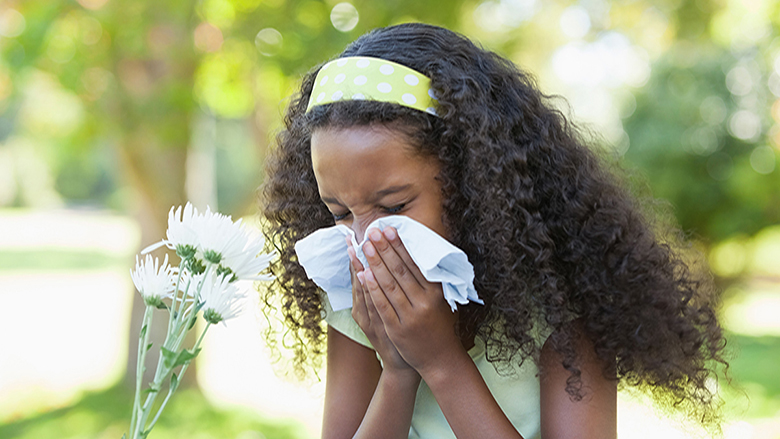- Empty cart.
- Continue Shopping
How to Prepare for Allergy Season

Allergy season can be a challenging time for individuals who suffer from seasonal allergies, also known as allergic rhinitis or hay fever. Common allergens like pollen, grass, and mold can trigger a range of symptoms, including sneezing, runny nose, itchy eyes, and congestion. However, with proper preparation and proactive measures, you can minimize the impact of allergies during the season.
1. Identify Your Allergens
Understanding your specific allergy triggers is the first step in preparing for allergy season. Common allergens include pollen from trees, grasses, and weeds, as well as mold spores. Keep track of when your symptoms tend to worsen, as this can provide clues about the primary allergens affecting you.
2. Check Pollen Counts
Stay informed about pollen counts in your area. Many weather websites and apps provide daily pollen forecasts, indicating which allergens are predominant on a given day. High pollen counts are often associated with more severe allergy symptoms.
3. Start Medications Early
Consult with an allergist or healthcare provider before allergy season begins. They can recommend appropriate medications, such as antihistamines, decongestants, or nasal corticosteroids. Starting these medications a few weeks before the expected onset of allergy season can help prevent symptoms from becoming severe.
4. Allergy-Proof Your Home
Take steps to minimize allergens in your home:
- Use high-efficiency particulate air (HEPA) filters in your heating and cooling systems to trap airborne allergens.
- Keep windows and doors closed during high pollen days to prevent outdoor allergens from entering your home.
- Use allergen-proof covers on pillows and mattresses to reduce exposure to dust mites.
- Vacuum carpets and rugs regularly with a vacuum cleaner equipped with a HEPA filter.
- Wash bedding, curtains, and pet bedding frequently in hot water to eliminate allergens.
5. Create an Allergy-Friendly Bedroom
Make your bedroom a safe haven from allergens:
- Use allergen-proof pillow and mattress covers.
- Wash bedding in hot water at least once a week.
- Keep pets out of the bedroom, as they can carry allergens on their fur.
- Consider using an air purifier with a HEPA filter in your bedroom.
6. Shower and Change Clothes
After spending time outdoors, shower and change your clothes to remove pollen and allergens from your skin and clothing.
7. Limit Outdoor Activities
On days with high pollen counts, try to limit your outdoor activities, especially during peak pollen hours (usually early morning and late afternoon). If you need to be outside, wear sunglasses to protect your eyes and a wide-brimmed hat to keep pollen out of your hair and face.
8. Use Allergy-Friendly Landscaping
Consider planting low-allergen plants in your yard and garden. These are typically plants that produce little to no pollen and are less likely to trigger allergies.
9. Stay Informed
Keep track of pollen forecasts and adjust your outdoor activities accordingly. Many weather apps and websites provide real-time pollen count information.
10. Consider Immunotherapy
For individuals with severe allergies, allergen immunotherapy (allergy shots) may be a long-term solution to reduce sensitivity to allergens. Consult with an allergist to determine if this treatment is suitable for you.
11. Stay Hydrated
Drinking plenty of water can help thin mucus secretions and ease congestion.
12. Plan for Emergencies
Always have allergy medications on hand in case of unexpected flare-ups or severe symptoms. Carry them with you when you are away from home.
By taking these proactive measures and staying informed about your specific allergy triggers, you can better prepare for allergy season and minimize the impact of seasonal allergies on your daily life. If symptoms persist or worsen despite your efforts, consult with an allergist or healthcare provider for further evaluation and management options.








